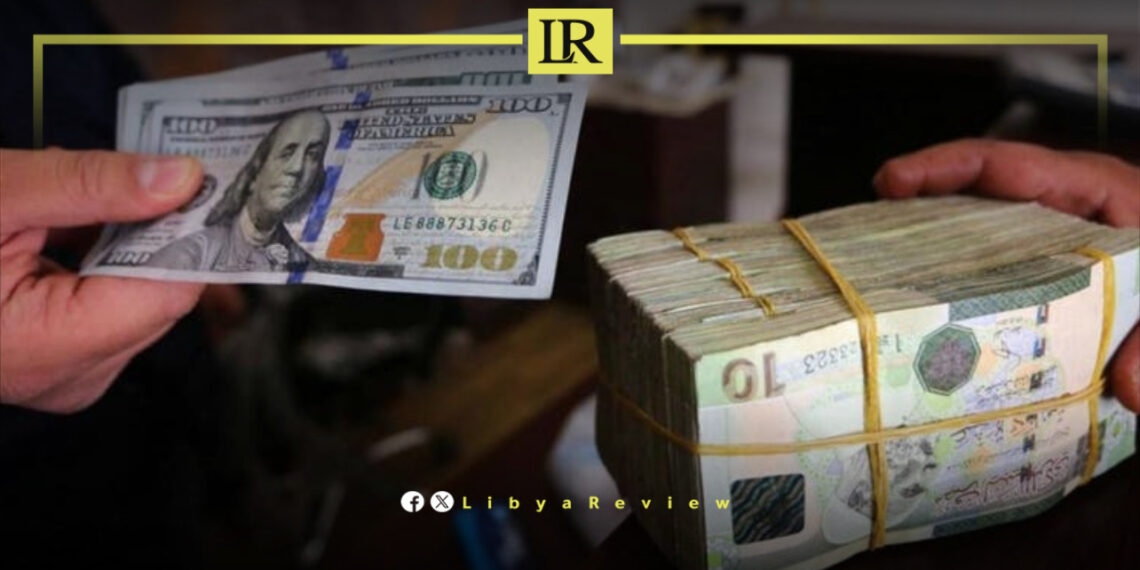Libya’s Customs Authority has issued new directives that impose strict limits on the amount of cash travelers can carry across its land, sea, and air borders. The move is part of a wider effort to combat money laundering, reduce smuggling, and protect the country’s fragile economy.
According to the announcement, passengers are now required to declare all amounts of local or foreign currency when entering or leaving Libya. The measure is based on a 2018 ruling by the National Committee for Combating Money Laundering and Terrorism Financing.
The regulations set the maximum allowance for Libyan currency at 200 dinars, while travelers are permitted to carry up to $10,000, or its equivalent in other currencies, in foreign cash. Anyone carrying more than these amounts must fill out a currency declaration form and present it to customs officers at the border.
Officials warned that failing to declare excess cash will be treated as a customs violation and may result in penalties. At the same time, they clarified that personal belongings remain exempt from taxes and duties, as long as they are intended strictly for individual use and are consistent with cultural and social norms.
Libya has long struggled with widespread smuggling and illicit financial flows, particularly across its porous borders with neighboring countries. Officials say tighter regulation of cash movements is necessary to strengthen financial transparency, safeguard economic stability, and prevent funds from being used to finance illegal activities.
The Customs Authority emphasized that the new rules are not intended to inconvenience travelers but rather to protect national security and economic integrity. It urged all passengers to comply fully with the regulations to avoid legal consequences and to support efforts to preserve the stability of Libya’s financial system.


